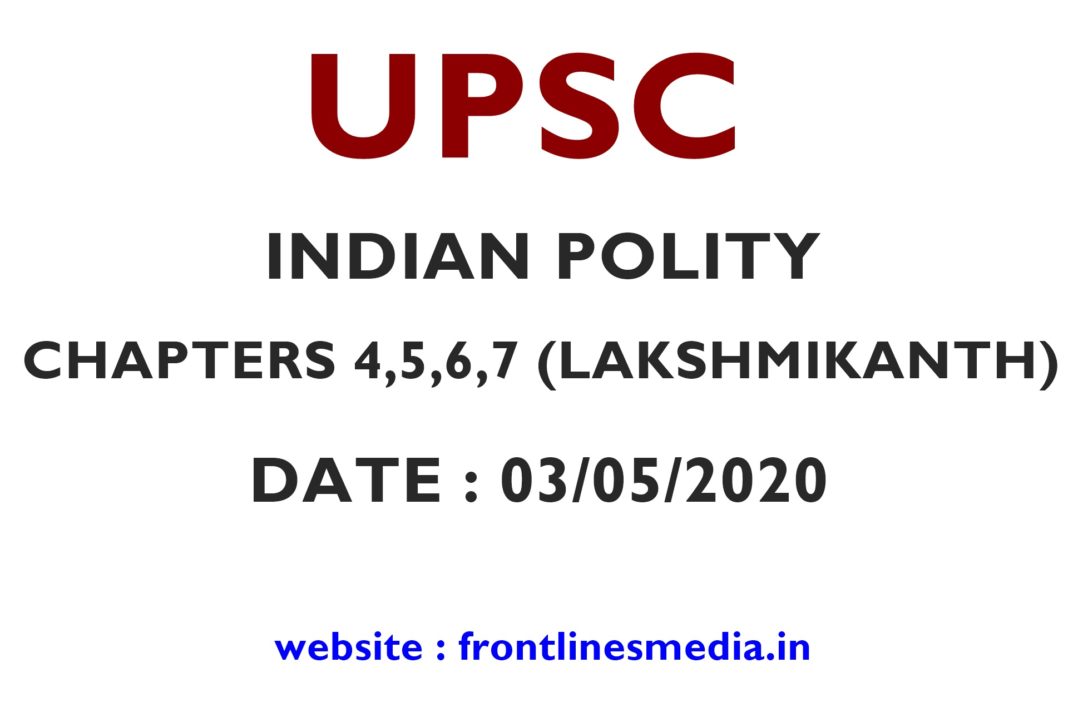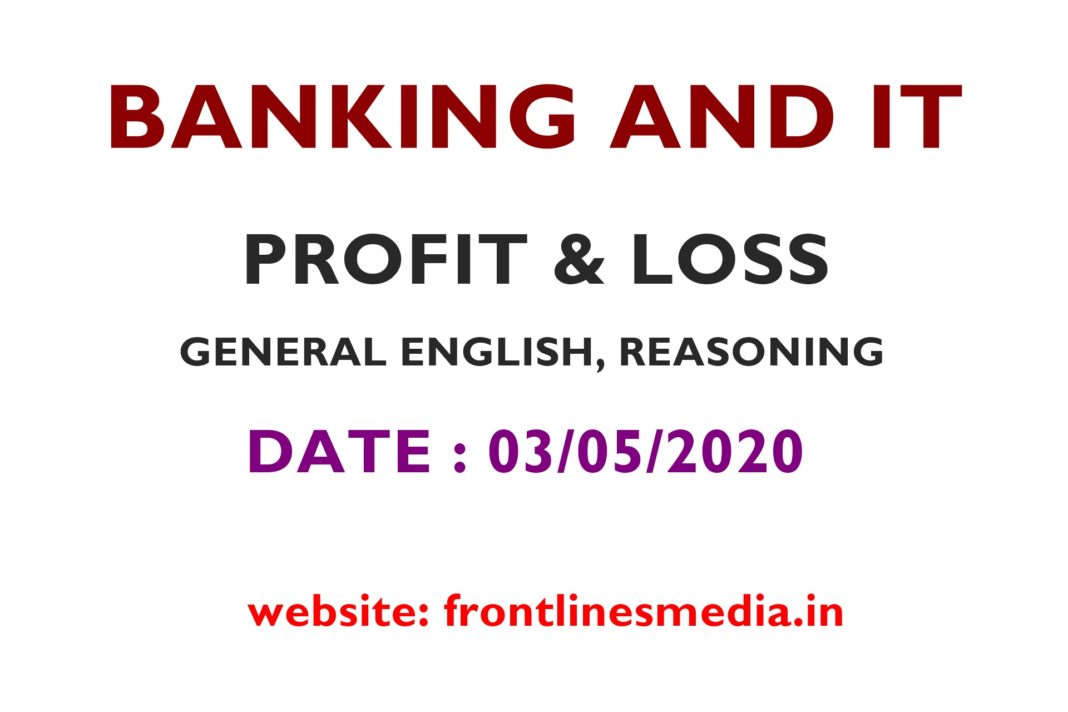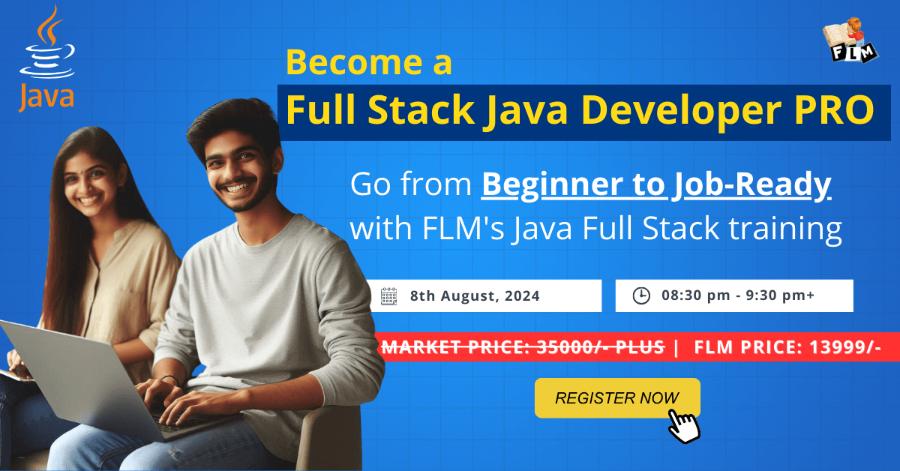Answer all the questions to get the result:
Polity
We at Frontlines Media believe that education should be free for everyone. So, we are making time to post questions in UPSC chapter wise in Polity by Lakshmikanth. This week you are going to attend the test in Chapter 4,5,6,7 from Indian Polity. All the best!!
Polity
Any member of the public or group of people may approach the court , on behalf of the aggrieved persons for protection of his fundamental rights. This is called ________?
Who among the following can suspend the fundamental rights?
Which among the following is the most appropriate definition of Political liberty of Citizens of India ?
Who is the person who called Preamble an Identity card of the constitution?
The term SOCIALISM was added during which amendment?
Who referred Preamble as the horoscope of our Sovereign and republic?
Which article provides provison to the parliament to form new state or admit into the union of India.
Can India cede a part of union to a foreign land under article 3?
Fazl Ali Commission for reorganisation of states consists of 3 members, who are the other two
Which of the rights cannot be suspended during emergency?
Which of the following statements is false?
Which of the following committee advocated the Fundamental Duties in the Indian constitution?
Which Constitutional Amendment Act was passed to provide compulsory education to children between 6 and 14 years?
When was the 'Prevention of Insults to National Honour Act' passed?
Right to property was made a legal right and it is under which article?
Article 14 "Equality before Law" is taken form?
Which of the fundamental right is changed as Civil Rights act 1955?
The writ of mandamus is available for the purpose of which of the following? Enforcement of Fundamental Rights
Compelling a court or Judicial tribunal to exercise its jurisdiction when it has refuse to exercise it
Directing a public official or the Government not to enforce a law which is unconstitutional
Select the correct option from the codes given below:
Any member of the public or group of people may approach the court , on behalf of the aggrieved persons for protection of his fundamental rights. This is called ______
Which of the following provisions of the constitution did not come into force on November 26, 1949?
Supreme Court has made Right to Free Education as the part of which among the following rights?
Which of the following is NOT a correct statement with respect to Freedom of speech and expression in India?
To enforce the fundamental rights, which among the following court(s) has / have authority to issue writs?
1.Supreme Court
2.High Courts
3.District Courts
Select the correct option from the codes given below:
Any member of the public or group of people may approach the court , on behalf of the aggrieved persons for protection of his fundamental rights. This is called ______
Which of the following provisions of the constitution did not come into force on November 26, 1949?
Supreme Court has made Right to Free Education as the part of which among the following rights?
Which of the following is NOT a correct statement with respect to Freedom of speech and expression in India?
Consider the following statements regarding fundamental rights
1.Some are not self executory.
2.Fundamental rights are protected against invasion by legislature only.
National Green Tribunal is formed because of?
Which constitutional amendment to achieve "Education for All"
Please mention your score below after completion of the test!!!



